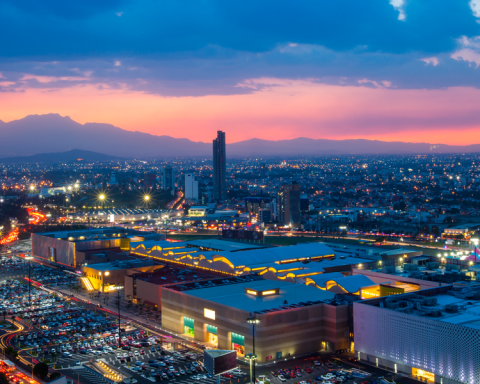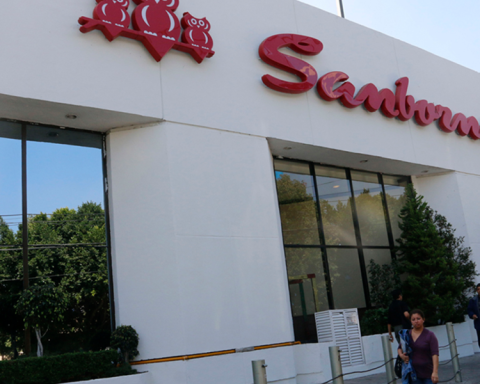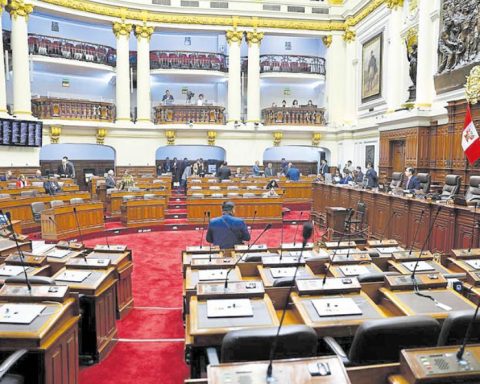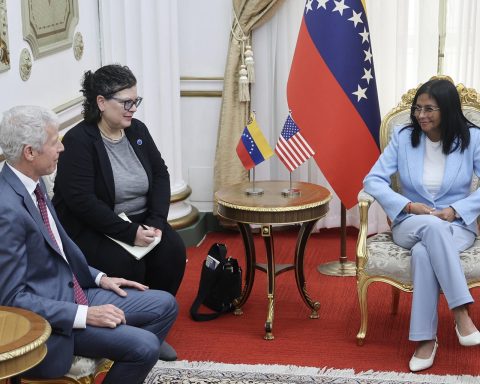yes
open the Brazilian institutions currently hangs over the threat of a Bolsonaro revolt, naturally inspired by the attempted coup that Donald Trump instigated in Washington on January 6 of last year and which, certainly, has embodied in supremacist movements and libertarians
who are preparing to ignore results that are negative for Republicans in this month’s legislative elections in the United States. As in that country with the millionaire New Yorker, in Brazil the high command of the armed forces are not willing to undertake a coup adventure, without this implying ruling out the possibility that some isolated officers try to join with everything and weapons to some nonsense by Jair Bolsonaro. But he still has many ordinary people and many officials to attempt institutional destabilization in the transition period that should culminate on January 1 with Lula’s inauguration.
It is as intriguing as it is shocking that almost half of the Brazilian electorate has thrown its support behind an individual who carries a huge collection of unfavorable adjectives: cynical, liar, racist, misogynist, homophobic, ignorant and, above all, , or for all that, profoundly inept as a ruler. The truth is that Bolsonaro has managed to become, as he himself said in the ambiguous statement he offered two days after the elections, the leader of a huge movement with far-right ideological hegemony in which landowners, a good part of the urban business community, amalgamate , a large part of the political class, the middle classes and even impoverished popular sectors.
The phenomenon should set off alarms in some South American countries, particularly in Colombia, Argentina and especially in Chile, where last year the Pinochetist José Antonio Kast managed to reach the second round of the presidential election by overcoming the traditional right: the advent of fascist populism is more than a possibility, as Bolsonaro himself demonstrates, who in 2018 already obtained a first term and a few days ago was one percentage point away from achieving re-election.
Such a risk does not appear, for now, in the Mexican scenario, and not because the local right-wingers have refrained from using tactics similar to those of the Brazilian madman: they still maintain a permanent broadcast of defamation campaigns, they strive to create a fracture between the armed forces and its supreme command, invoke the specter of communism – with the fashionable variant: to equate the Obradorista presidency with the dictatorships
from Cuba and Venezuela–; they resort to the autonomous organisms that they still control and to the Judiciary to hinder the transformations; they try to mobilize society against the Devil (call him Andrés Manuel or Lula); The corrupt here and there have invented the tactic of fabricating accusations of corruption to neutralize their opponents.
It should not be ignored, however, that in the South American giant the lawfare The judicial war of the right went much further than in Mexico: under the umbrella of false accusations, Dilma Rousseff was the victim of a legislative coup, and Lula himself spent more than a year and a half in jail. Here, on the other hand, most of the judicial attacks of the reactionary oligarchy have been of a defensive nature and, literally, conservative, that is, carried out with the purpose of preserving filthy businesses –such as the leonine contracts that saddled the CFE– and unjustifiable privileges, such as the Babylonian salaries of the technocratic mafia of the National Electoral Institute. In other cases, they have sought to delay or cancel core works such as the AIFA or the Mayan Train. But none of the attempts to bring criminal charges against López Obrador and his collaborators have been successful.
Unlike Brazil, where the fascistic ultra-right does not hide its genes and resorts to values such as God, country, family, property, in Mexico the slogans of the reaction, much more hypocritical, usurp traditional causes of the left, such as human rights, the causes of women and indigenous peoples or environmentalism. And while Bolsonaro has taken his country to isolationist positions, our reactionaries are blatantly subservient and frequently go to Washington and Brussels to implore the intervention of governments and multilateral organizations in matters that must be resolved exclusively by Mexican citizens.
But the most important difference between the two processes is the degree of social awareness of the majority, and this is explained by four years of transformation with a social and national meaning that is articulated with the values emanating from Independence, the Reform and the Mexican Revolution. That is why here the aspiring Bolsonaro remain the political size of Pedro Ferriz, Lilly Téllez or Gilberto Lozano.
Twitter: @Navigations














